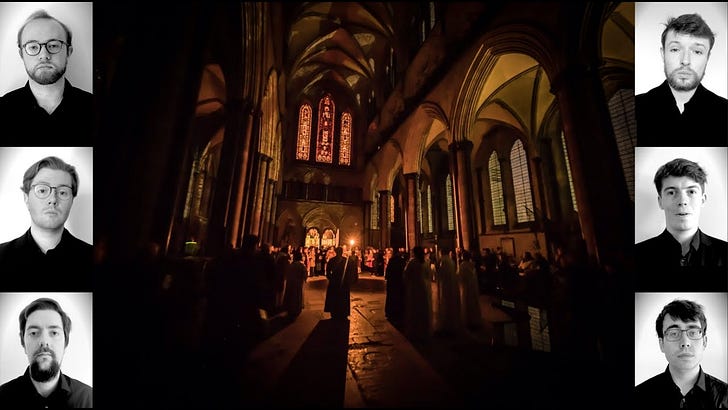Things Ain’t What They Used To Be
This year is different than past ones, so this list is different, it’s not the best (as in finest) standard rep/new music classical releases, it’s the ones that matter the most, that are relevant to 2020.
This has been a hard year for classical music. All music has suffered from the pandemic shutting down live performance…
Keep reading with a 7-day free trial
Subscribe to Kill Yr Idols to keep reading this post and get 7 days of free access to the full post archives.



